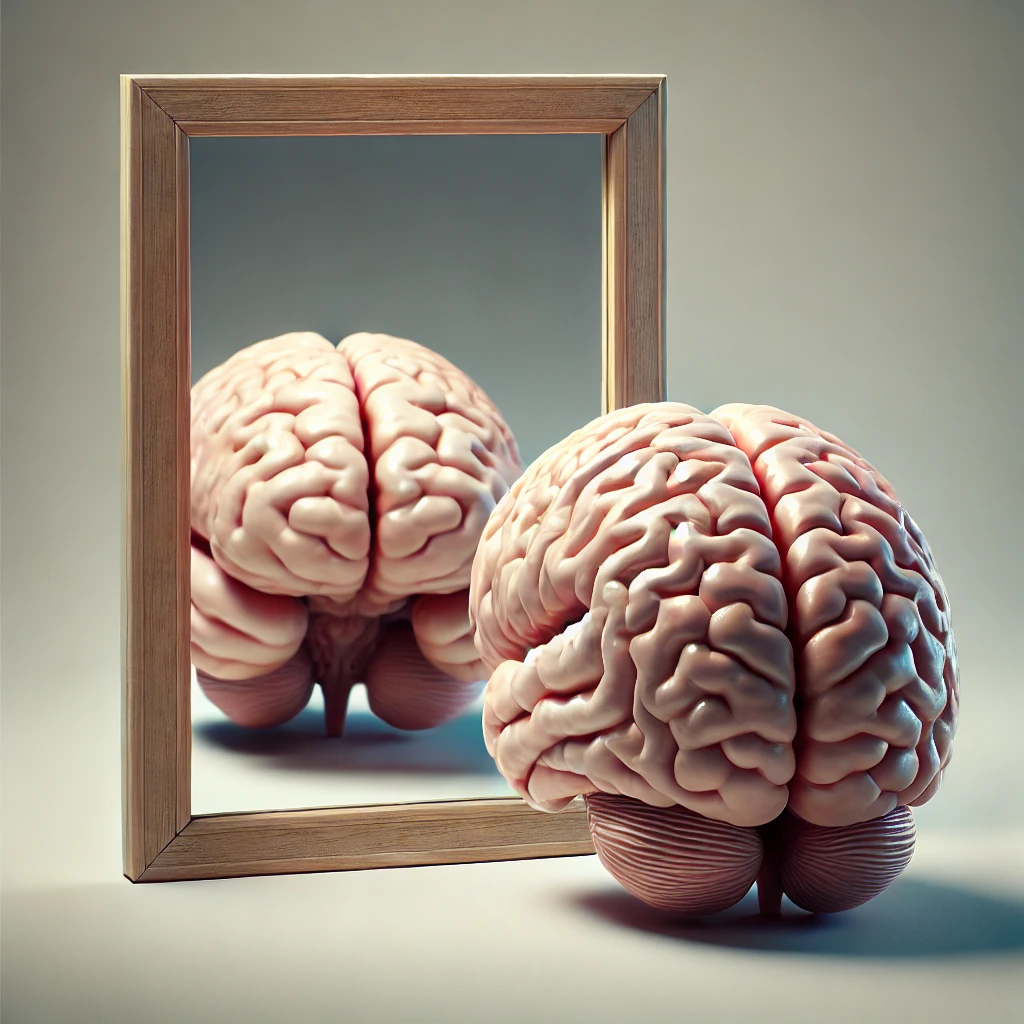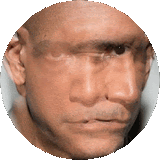What if? The power of counterfactual thinking
While it may seem like a simple mental exercise, asking "what if?" can unlock a powerful tool for personal growth and development: counterfactual thinking.

Navel gazing with a vengeance
The "What If" game
Have you ever found yourself pondering the "what ifs" of life? What if you had taken that job offer? What if you had chosen a different major in college? What if you had said "yes" instead of "no"? While it may seem like a simple mental exercise, asking "what if?" can unlock a powerful tool for personal growth and development: counterfactual thinking. With this exercise, one can avoid the effort taken by the protagonist in Dark Matter to experience an alternative life.
"What If?": Using Counterfactual Thinking
Counterfactual thinking: A definition
Counterfactual thinking is the ability to imagine alternative scenarios and outcomes of events that have already happened. It involves revisiting key turning points in our lives and considering how things might have turned out differently if we had made different choices. This might sound like dwelling on the past, but in reality, it's a forward-thinking approach that can help us make better decisions in the future.
Harnessing the power: A 5-step guide
Identify Key Turning Points: Reflect on significant choices or events in your life.
- Ask yourself, "What if I had made a different choice at that moment?"
- Imagine Alternative Scenarios: Let your imagination run wild. Explore different paths and outcomes that could have unfolded.
- Analyze the Differences: Compare the imagined scenarios to reality. What are the key differences? What factors led to these different outcomes?
- Extract Valuable Lessons: Identify the underlying reasons for the different outcomes in your imagined scenarios. What can you learn from these alternative paths?
- Apply Your Learnings: Use these insights to inform your future choices and actions. How can you apply these lessons to make better decisions moving forward?
The purpose: Growth, not regret
It's important to note that counterfactual thinking is not about dwelling on regrets or wishing for a different past. Instead, it's about actively engaging with our past experiences to gain a deeper understanding of ourselves and our choices. By reimagining outcomes and exploring different possibilities, we can gain valuable insights that can help us navigate future decisions with more confidence and clarity.
Unlock your potential
Counterfactual thinking is a powerful tool that can help us learn from our past, make better decisions in the present, and create a more fulfilling future. So next time you find yourself pondering the "what ifs" of life, embrace the power of counterfactual thinking and unlock the hidden potential within your imagination.












